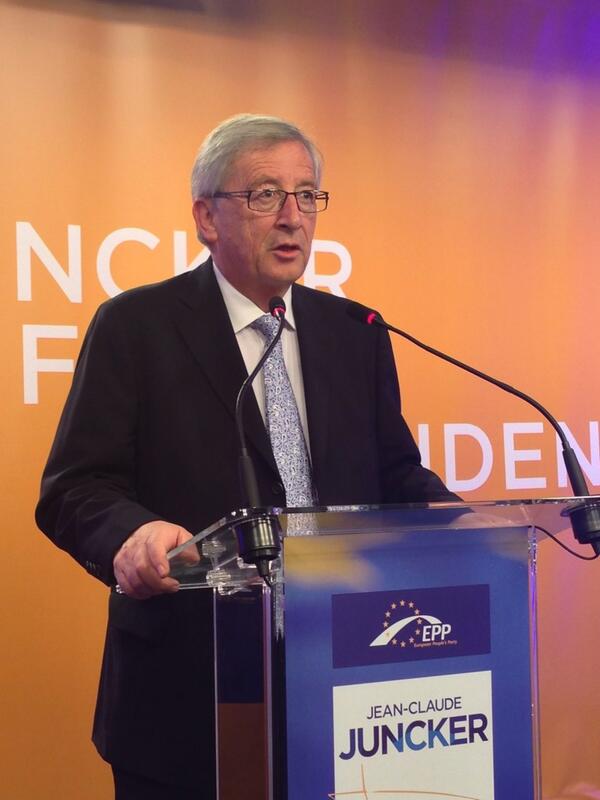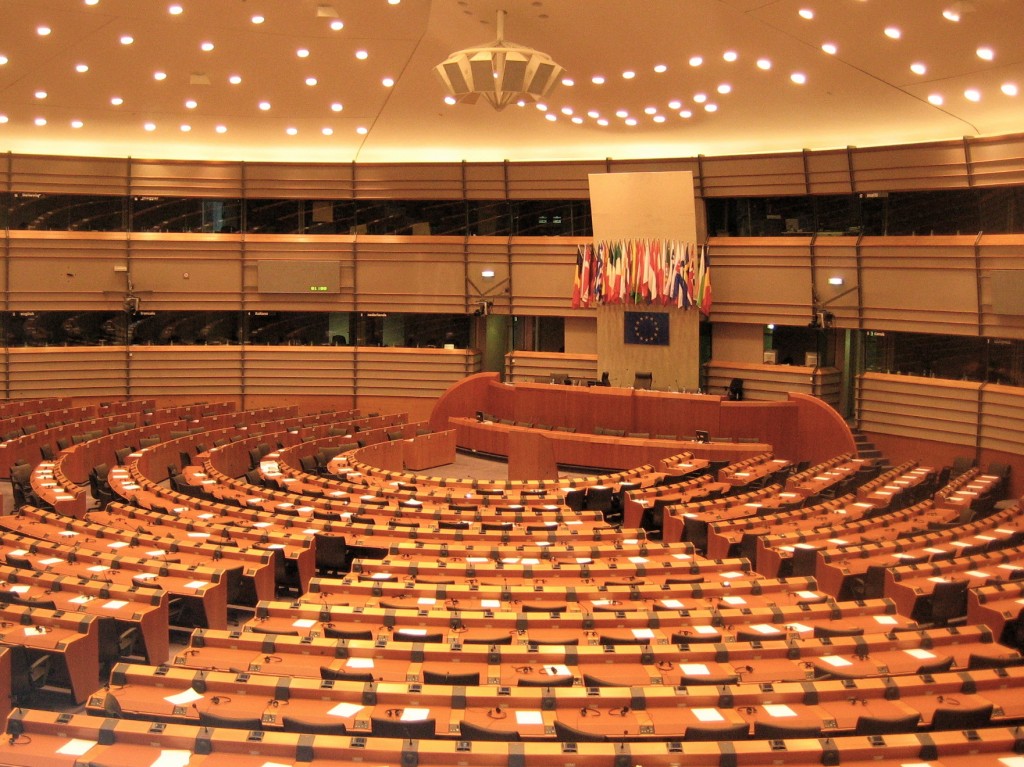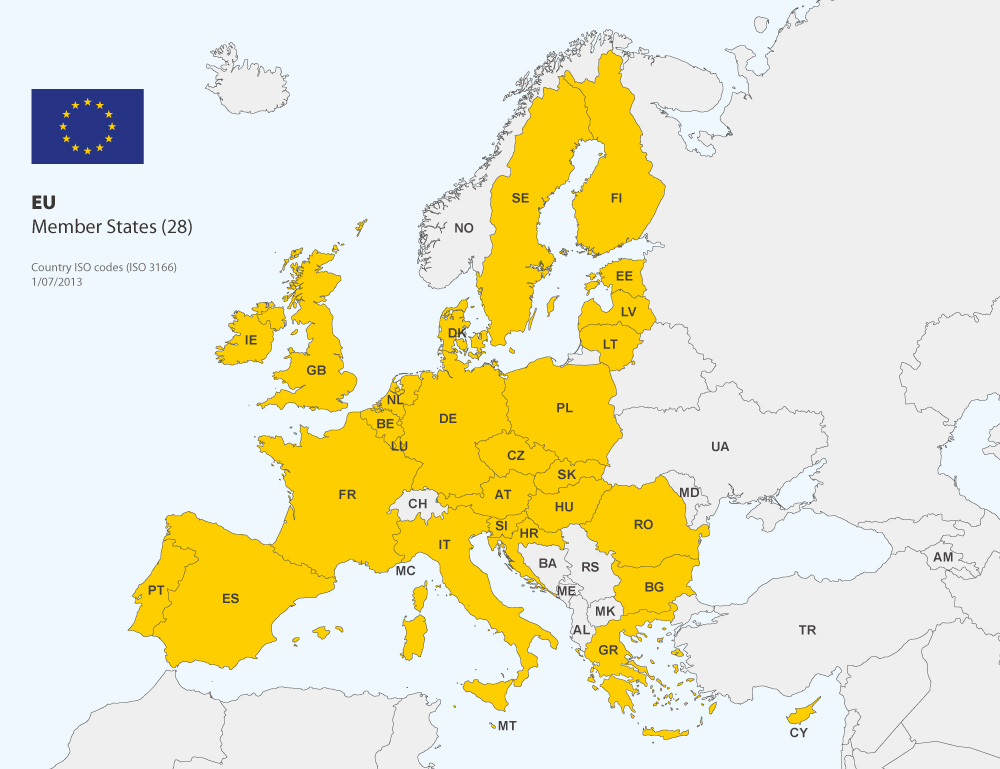We now have most of the results from across Europe in the 28-state elections to elect all 751 members of the European Parliament.![]()
At the European level, the center-right, Christian democratic European People’s Party (EPP) emerged with about 25 more seats than the center-left, social democratic Party of European Socialists (PES).
That immediately gives former the EPP’s candidate for the presidency of the European Commission, former Luxembourgish prime minister Jean-Claude Juncker, a boost in his efforts to actually become the Commission president. But it’s still far from automatic, despite Juncker’s aggressive posture at a press conference Sunday evening:
“I feel fully entitled to become the next president of the European Commission,” Juncker, a former Luxembourg prime minister, told supporters late yesterday in Brussels after the release of preliminary results. Premier for 18 years until he was voted out of office in December, Juncker also gained recognition in his dual role as head of the group of euro-area finance ministers during the debt crisis.
Juncker (pictured above) still must to convince the European Council to propose him as Commission president, and he’ll still need to win over enough right-wing or center-left allies to win a majority vote in the European Parliament.
* * * * *
RELATED: Here come the Spitzenkandidaten! But does anybody care?
* * * * *
That process, which could feature a major battle between the European Council and the European Parliament, will unfold in the days, weeks and possibly months ahead.
But what do the results mean across Europe in each country? Here’s a look at how the European elections are reverberating across the continent. Continue reading A detailed look at the European parliamentary election results (part 1)



